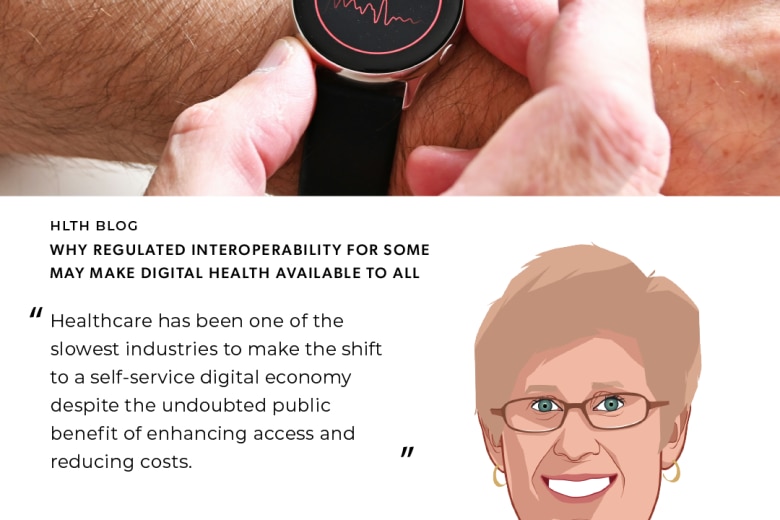We are still physicians at heart.
This is my primary takeaway and personal realization from a recent executive roundtable with five other physicians who also happened to be healthcare executives. We were meeting to discuss value-based care transformation efforts from the perspective of the physician executives driving them.
As an emergency physician myself, I soon realized that we all were coming from a place where “the patient in front of me now is what matters.” So, yes, as physicians first, these executives suggest framing value-based care for staff physicians as a path toward clinical improvement.
But that is not my only takeaway from the panel discussion. Here are the six others:
- The Value in Value-Based Care Doesn’t Have Dollar Signs for Physicians.
A patient’s definition of value also resonates with physicians. Value as it relates to healthcare means safety, quality, personal relationships, ease of use, and affordability. It is consistent with the long-term clinical model in which you manage patient healthcare over time rather than during episodic or surgical interventions. So the primary focus of value-based care should be clinical rather than financial. Of course, wasting resources on unneeded procedures and practices isn’t healthy for anyone.
- The Challenge is Not Enough Data—and Too Much Data.
For these physician leaders, there are two challenges. One is getting electronic systems across the care continuum to talk to one another so physicians have all the data they need. The other, ironically, is that all the data is often too much data: what physicians need is meaningful information at the point of care.
One panelist notes that health information systems need to be much more than “repositories of information.” Physicians need a better way to get to the data they need now. And they also need the kind of decision-support tools that make is easier to make the right decision now, at the point of care, and not in a conference room later.
- The Data Must Be Used.
Physicians also need to learn how to leverage data to improve care. Some are doing this now. According to one panelist, OB doctors at one of his hospitals looked at available data to discover that an adhesion barrier didn’t cut down on adhesions with routine C-sections. Eliminating the procedure saved millions of dollars and improved care. Physicians drove this change just by coming together and looking at the data they had.
- Standardized Care Doesn’t Have to Stand Still.
This is also an illustration of using data or evidence to inform the creation of standardized care. Although some physicians feel standardization discourages innovation, one panelist notes that the “standard” should in fact be viewed as a baseline against which to measure new ideas. One chief medical officer on the panel has had success with physician work groups looking at clinical data on hospital-acquired infections, procedural care, critical care, and obstetrics.
- Technology Must Have Purpose.
Particularly memorable was the executive from North Carolina who observes: “We’re not gathering data for data’s sake. We’re looking at what data we need to fulfill and drive a clinical initiative or an organizational outcome that we’re trying to achieve and then aligning resources around that.” So the technology structure must reflect the goal.
- Offsite Can No Longer be Out of Mind
Hospitals are now responsible for patient outcomes after discharge. The prime example is readmissions. As a panelist noted, hospitals that have systematically engaged the community are the most successful in preventing readmissions. One pilot program cut readmissions by 65 percent by using a community engagement strategy supplemented by emails, text, and automatic calling to connect with patients after discharge.
A full article about the recent roundtable is published in the June 2017 issue of HealthLeaders Media Magazine.





































